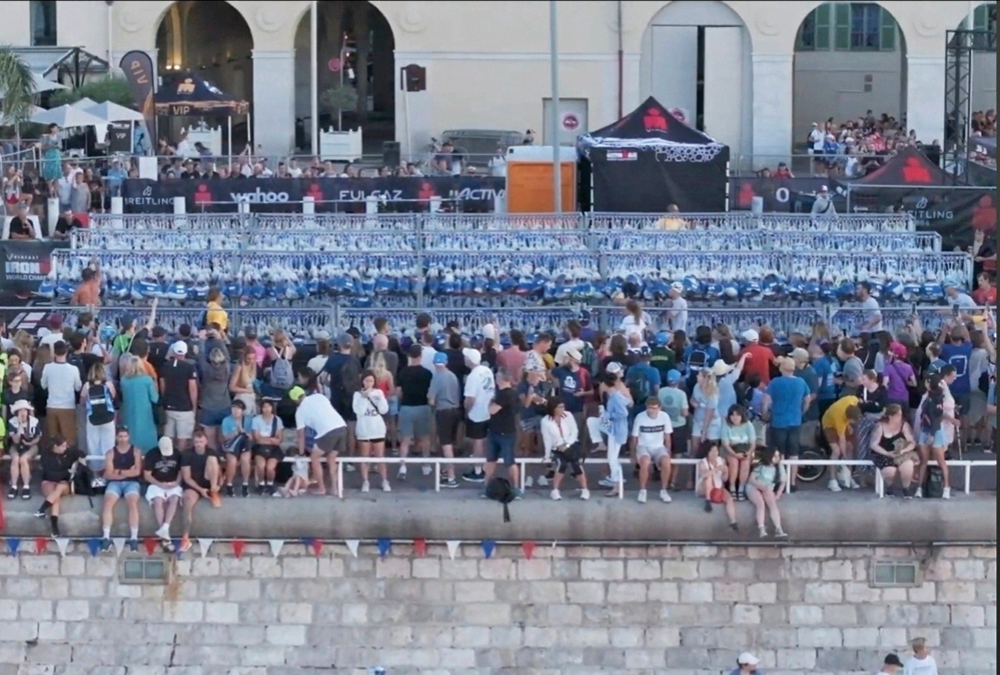There are at least two conflicting points of view on the latest campaign in Gaza between Israel and Hamas. The picture that was painted clearly in the Israeli media highlights the just nature of Operation Protective Edge, Israel’s victory, and Israel’s goal to translate the military achievements into political achievements. In contrast, Hamas—at least at this stage – views what it achieved in the campaign in context of its poor situation prior to the campaign that in effect prompted it to initiate this round of hostilities. Israel would do well to understand this Hamas point of view in order to prepare a proper response that will assist it in achieving its political goals at the end of the campaign.
The rockets fired from Gaza toward Israeli cities, which prompted the opening of the latest military campaign, were launched at the initiative of Hamas, which over the past year reached a political, economic, and military nadir. With the aim of extracting itself from its difficult situation, Hamas was forced on the internal political level to accept the Palestinian unity government agreement under terms it had refused in the past. The hostile stance adopted by Egypt, which declared it a terrorist organization and undertook intensive activities to destroy the tunnels that were a lifeline for the Gazan economy in general and the Hamas economy in particular, caused a serious economic crisis for Hamas, which was unable to pay salaries to its people, and throughout the Gaza Strip. In parallel, Egypt narrowed the access to the Rafah crossing and occasionally even closed what had served as an opening between the Gaza Strip and the outside world, which increased the sense of suffocation in the Gaza Strip.
On the international level, Hamas is politically isolated. Egypt, its main ally during the period of the Morsi regime, has turned against it; Saudi Arabia and the Gulf states have chilled their relations with it, and Turkey and Qatar were too engrossed with their own internal and regional affairs and did not help extract Hamas from its difficult situation. On the military level, the organization, as the sovereign in Gaza, was forced – to its chagrin and out of concern over an Israeli response – to rein in the other armed groups operating in Gaza, including Islamic Jihad, the Popular Resistance Committees, and jihadi Salafist groups, and prevent them from firing rockets and mortars toward Israel.
Thus, Hamas found itself subject to increasing criticism on the part of the public in Gaza due to the harsh economic situation, and on the part of those supporting military activity against Israel, while its prestige and its image as the organization leading the Palestinian resistance were severely damaged. Under these conditions, and following the death of nine of its fighters, Hamas decided to join the organizations that periodically fired rockets toward Israel, understanding that this would prompt a full military campaign. This campaign, in the Hamas perspective, was intended to improve the organization’s overall situation.
Indeed, after 28 days of combat, the military campaign led, in Hamas’ view, to a number of important achievements:
The organization fired rockets throughout the campaign that successfully reached all of Israel, from the south to the north, while Israel, despite its efforts, failed to halt the rocket fire from Gaza.
The organization succeeded in achieving tactical surprises by infiltrating Israeli territory through tunnels and through attempted attacks from the sea and the air. Some attacks resulted in Israeli casualties, and some were even documented for the future propaganda purposes.
The organization succeeded in exacting a price from Israel and causing serious damage and losses among IDF soldiers (an important achievement, given its awareness of how sensitive Israel is to the lives of its soldiers).
The organization succeeded in conducting a war of attrition against Israel for about a month, damaging Israel’s economy and the sense of security among the population.
The organization succeeded, even if for a short time only, in shutting down international aviation to and from Israel, thereby briefly inflicting on Israel Gaza’s own prevalent sense of a siege.
The organization succeeded in seriously damaging Israel’s image as a moral democratic country that acts according to international norms, while presenting it as a country that intentionally harms uninvolved civilians, thereby intensifying the existing global campaign on Israel’s delegitimization.
The military campaign restored Hamas to its natural place as the leader of the Palestinian resistance movement, and strengthened its hegemony among all the organizations operating in Gaza.
The organization succeeded in instilling within Palestinian and global public opinion the message that the reason for the campaign was the siege imposed on Gaza and that Israel, which prior to the incursion had oppressed the residents of Gaza by suffocating them, continued to oppress them during the campaign by massacring them.
The top echelons of the organization’s political and military leadership were not harmed and the organization maintained its control and its hegemonic position in Gaza.
According to Hamas, the organization proved that it remains a central power in Palestinian society that cannot be ignored in any future arrangement. In the organization’s estimation, the destruction caused in Gaza will be rebuilt with the help of supporting countries, chiefly Qatar and Turkey, and Western countries and NGOs that are expected to inject a large amount of money to assist the suffering population in Gaza. Hamas is also likely to renew its ties to Iran, which were harmed by Hamas’ opposition to the Assad regime in Syria, and to benefit anew from Iran’s economic and military support after again proving its essential nature as a fighting organization and as a vanguard serving Iranian interests in the area.
The organization believes that at least in part it has the power to determine the rehabilitation processes, and that nothing can enter Gaza without its authorization. If so, it can succeed in reinstituting its dominant position in Gaza. The organization believes that it has the power to overcome expressions of protest and criticism in the Gaza Strip should any actually be voiced publicly in the wake of the suffering caused to the Gaza population, and it is convinced that this will not cause a mass uprising against it or endanger its continued rule. Even Arab countries that turned a cold shoulder to Hamas during the campaign will be affected by domestic public opinion that identifies fully with the suffering of the Gaza population and will in the end be unable to differentiate between support for the population and recognition of the Hamas regime. In addition, Hamas believes that European countries as well will want to include Gaza in any future political arrangements, and will push Israel to renew negotiations with the Palestinians, be it in the form of the Palestinian unity government, should that survive, or in any other form, while recognizing that Hamas is the ruling power in Gaza and that the alternatives to its rule are even worse.
In terms of the campaign over the story of the campaign, Israel must avoid wrestling with Hamas’ claims of victory and focus its efforts on implanting the narrative of a clear defensive operation among leaders, decision makers, and elements shaping public opinion throughout the world. The international criticism heard regarding Israel’s operations in Gaza due to the difficult pictures of the massive destruction and the large extent of collateral damage to civilians and civilian property does not necessarily reflect general criticism of Israeli behavior. Israel, which during the campaign conducted restrained diplomacy and, in contrast to Hamas, showed a persistent readiness to accept international calls for a ceasefire, must capitalize on this in order to win international backing for its security demands in Gaza, which aim to deny the re-empowerment of
Hamas’ terrorist infrastructure and that of the other terrorist organizations in Gaza, and guarantee quiet for its cities and communities, particularly in the south.
The results of the campaign in Gaza make it possible for Israel to take the initiative in advancing political and security arrangements with the Palestinian government with the support of pragmatic Arab countries and with international backing, led by the United States and leading Western nations. As such, it will be possible to translate the military achievements toward a political end, and restock Israel’s dwindling supply of international legitimacy.
Yoram Schweitzer is a senior researcher at the Institute for National Security Studies at Tel Aviv University and former head of the Israeli military’s counterterrorism desk. The Institute for National Security Studies launches and engages in innovative, relevant, high-quality research that shapes the public discourse of issues on Israel’s national security agenda, and provides policy analysis and recommendations to decision makers, public leaders, and the strategic community, both in Israel and abroad. Visit http://www.inss.org.il/
By Yoram Schweitzer
(INSS Insight No. 586, August 7, 2014, reprinted with permission)













